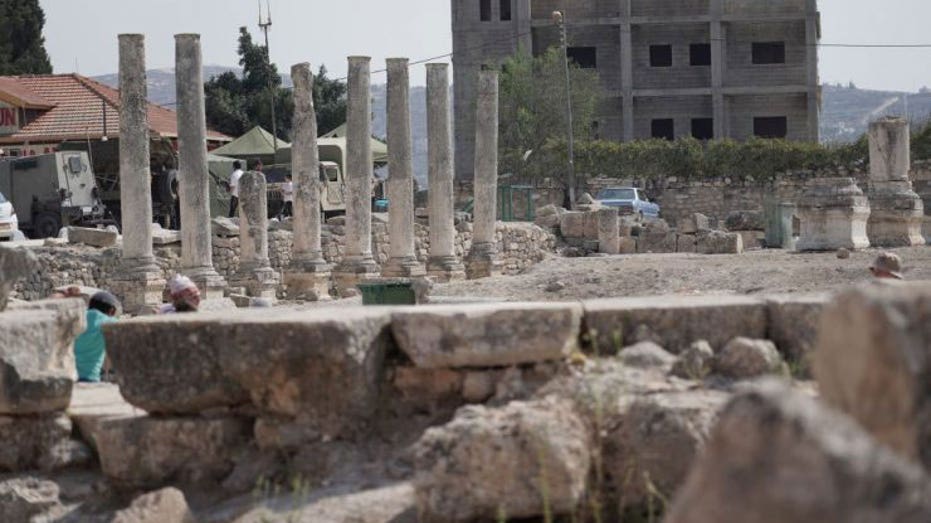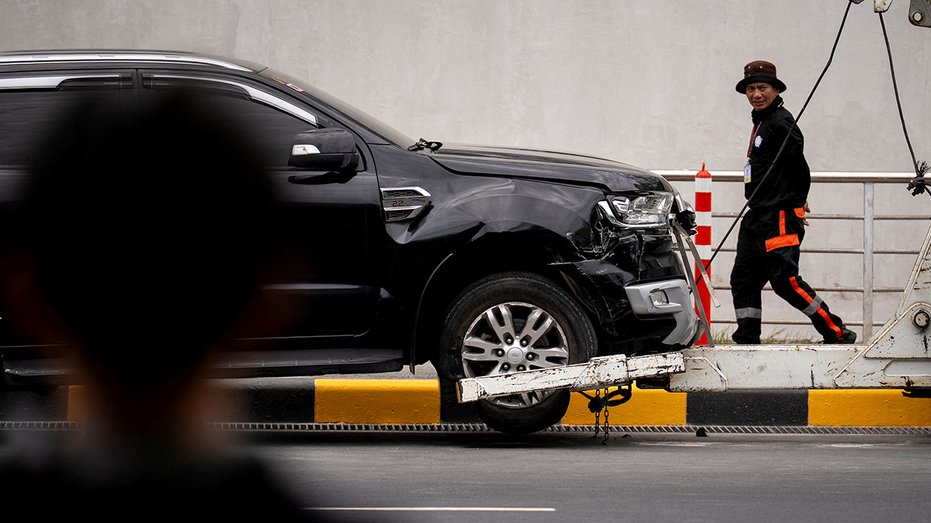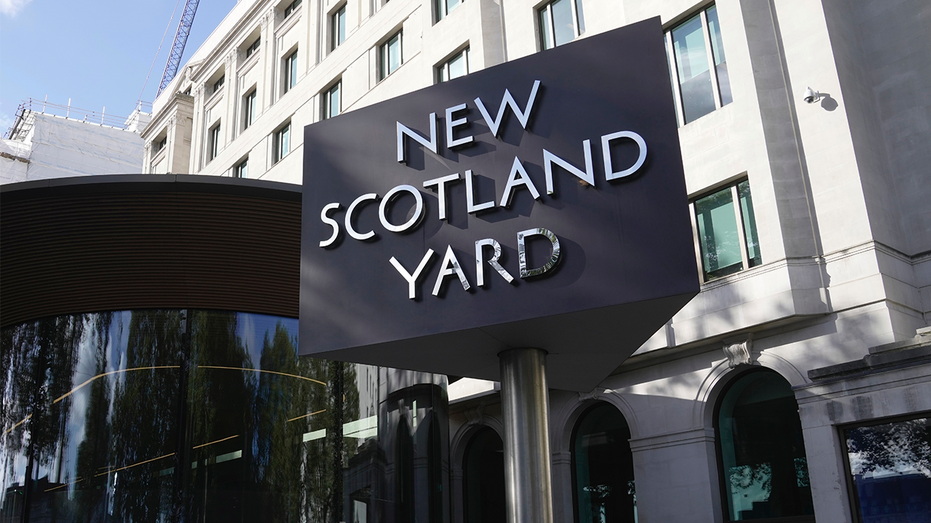Israeli Archaeologists Battle Academic Boycott Threatening Biblical Heritage

Sarah Johnson
May 7, 2025
Brief
Israeli archaeologists face academic boycott, accused of erasing Jewish history in Judea and Samaria amid global campaign to rewrite biblical heritage.
TEL AVIV - A fierce clash over history and identity is unfolding in the heart of biblical archaeology, as Israeli researchers face an academic boycott that threatens to erase Jewish ties to their ancestral land. The Palestine Exploration Quarterly (PEQ), a prominent journal, has imposed a policy barring submissions from Israeli scholars working in Judea and Samaria unless they collaborate with Palestinian authorities—a condition many say is impossible without being branded as traitors.
The journal’s stance, rooted in what it calls adherence to international law, reflects a broader global campaign to challenge the Jewish people’s historical connection to the region. “This isn’t just about academic papers,” said Yishai Fleisher, a spokesman for Hebron, a cradle of Jewish civilization. “It’s a deliberate effort to rewrite history, renaming sacred sites like the Cave of the Patriarchs as the ‘Ibrahimi Mosque’ or the Temple Mount as the ‘Al-Aqsa complex.’”
Israeli archaeologists argue their work is being unfairly sidelined, forcing them to avoid biblically significant sites to salvage their careers. Meanwhile, Palestinian authorities are accused of building over ancient Jewish landmarks, such as Solomon’s Pools and Hasmonean fortresses, with condominiums and farms encroaching on irreplaceable heritage. “They’re plowing through history,” said Naomi Kahn of Regavim, a think tank focused on Israeli sovereignty, noting scattered human bones found in fields near Jericho.
The Palestinian Authority’s campaign extends to global stages like UNESCO, which has controversially registered Jewish sites like the Cave of the Patriarchs as Palestinian heritage. In 2024, P.A. leader Mahmoud Abbas even claimed the Jewish Temple was in Yemen, a statement that drew sharp criticism. “This is about narrative control,” said Ze’ev Orenstein of the City of David Foundation, pointing to decades of efforts to portray Jews as outsiders in their own homeland.
Israel is fighting back. Prime Minister Benjamin Netanyahu has launched a $33 million initiative to preserve archaeological sites, emphasizing their role in tourism and education. From Shiloh’s thriving excavations to Hebron’s ancient landmarks adorned with Israeli symbols, advocates are determined to protect their heritage. “We build, we educate, we assert our roots,” Fleisher said, framing the struggle as a defense of truth against erasure.
Topics
Editor's Comments
Talk about digging up drama! The PEQ’s boycott is like telling archaeologists to swap their trowels for white flags. Meanwhile, renaming Hebron’s sacred sites feels like swapping ‘Star Wars’ for a knockoff sequel—same set, wrong story. The real joke? Claiming the Jewish Temple’s in Yemen. Next, they’ll say Moses parted the Red Sea in a kiddie pool.
Like this article? Share it with your friends!
If you find this article interesting, feel free to share it with your friends!
Thank you for your support! Sharing is the greatest encouragement for us.



